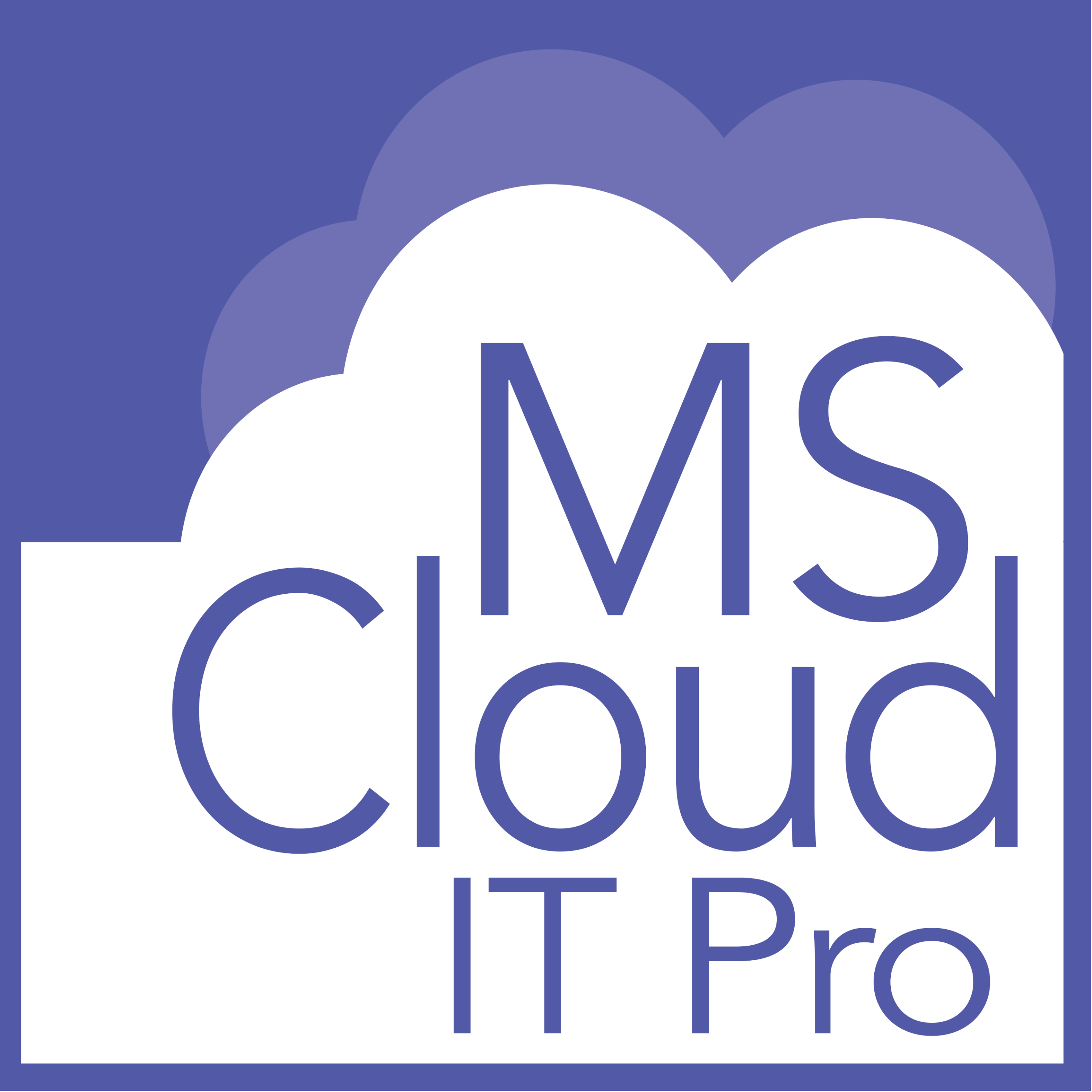- Technology
- SEE MORE
- classical
- general
- talk
- News
- Family
- Bürgerfunk
- pop
- Islam
- soul
- jazz
- Comedy
- humor
- wissenschaft
- opera
- baroque
- gesellschaft
- theater
- Local
- alternative
- electro
- rock
- rap
- lifestyle
- Music
- como
- RNE
- ballads
- greek
- Buddhism
- deportes
- christian
- piano
- djs
- Dance
- dutch
- flamenco
- social
- hope
- christian rock
- academia
- afrique
- Business
- musique
- ελληνική-μουσική
- religion
- World radio
- Zarzuela
- travel
- World
- NFL
- media
- Art
- public
- Sports
- Gospel
- st.
- baptist
- Leisure
- Kids & Family
- musical
- club
- Culture
- Health & Fitness
- True Crime
- Fiction
- children
- Society & Culture
- TV & Film
- gold
- kunst
- música
- gay
- Natural
- a
- francais
- bach
- economics
- kultur
- evangelical
- tech
- Opinion
- Government
- gaming
- College
- technik
- History
- Jesus
- Health
- movies
- radio
- services
- Church
- podcast
- Education
- international
- Transportation
- Other
- kids
- podcasts
- philadelphia
- Noticias
- love
- sport
- Salud
- film
- and
- 4chan
- Disco
- Stories
- fashion
- Arts
- interviews
- hardstyle
- entertainment
- humour
- medieval
- literature
- alma
- Cultura
- video
- TV
- Science
- en
Episode 182 Hands-On Kubernetes on Azure with Nills Franssens

b'In Episode 182, Ben and Scott sit down with Nills Franssens, a Senior Cloud Solution Architect at Microsoft to talk about his new Kubernetes book, "Hands-On Kubernetes on Azure".\\n\\n\\n\\t\\n\\t\\t\\n\\t\\t\\t\\n\\t\\t\\t\\t\\n\\n\\n\\n\\n\\n\\n\\t\\t\\t\\tTranscript\\n\\t\\t\\t\\n\\t\\t\\t\\n\\t\\t\\t\\t\\n\\t\\t\\t\\t\\t\\n\\n\\n\\n\\t\\t\\t\\t\\tEmail\\n\\t\\t\\t\\t\\n\\t\\t\\t\\t\\n\\t\\t\\t\\t\\t\\n\\n\\n\\n\\t\\t\\t\\t\\tDownload\\n\\t\\t\\t\\t\\n\\t\\t\\t\\t\\n\\t\\t\\t\\t\\t\\n\\n\\n\\n\\t\\t\\t\\t\\tNew Tab\\n\\t\\t\\t\\t\\n\\t\\t\\t\\n\\t\\t\\n\\n\\t\\t\\n\\t\\t\\t\\n\\t\\t\\t\\t- Welcome to Episode 182 of the Microsoft cloud IT Pro Podcast recorded live on June 12th of 2020. This is a show about Microsoft 365 and Azure, from the perspective of it pros and end users, where we discuss a topic or recent news and how it relates to you. In this episode, Ben and Scott hop on a call with Nills, a Senior Cloud Solution Architect at Microsoft and the author of "Hands-On Kubernetes on Azure," which is currently available for free on azure.com. We have another interview episode for everyone today, I\'m excited to go through this one. So we have a guest who I\'ve done some work with in the past, through a couple of Microsoft projects that I\'ve been involved with and some community programs over there, like OpenHack. And yeah, he just recently wrote a book too, which having participated and written some technical materials before I very much feel the pain and we can commiserate about that if you want to as well, but Nills, why don\'t you go ahead and introduce yourself here real quick.\\n- Hi, my name is Nills, I\'m a Senior Cloud Solution Architect with Microsoft based in San Jose, California. And as Scott said, I recently wrote and published a book on running Kubernetes on Azure, which was a very fun experience of writing the book outside of Kubernetes. My main area of expertise within Azure is everything related to infrastructure, networking, storage and the general automation of the platform. And I\'m actually very happy to be here and talk to Ben and Scott \'cause I\'m a listener of the podcast as well.\\n- Alright, well, good to hear it. And did you actually say you had fun writing the book? I think you\'re the first person that I\'ve ever talked to, that wrote a technical book that actually said it was fun.\\n- It definitely there\'re periods where it was not as fun, but I think the overall experience was a good experience. It took a lot of time and a lot of nights and weekends, \'cause I think the one thing that I didn\'t realize when I signed up was I knew Microsoft had a moonlighting policy. So I couldn\'t write anything during business hours and what I didn\'t realize was exactly how much time was required to write the book. But if I look back on the process, I find that might not have been the right word, but it\'s actually a really nice process that I went through. And it\'s fun to actually have the physical book in my hands right now. And I learned a ton just during the process, both technically and about becoming a better writer as well.\\n- Got it, I can see that, so I\'ve never written a book. I think Scott has helped out on some, but I\'m like, it would be, I think from my perspective, it would be interesting to go through the process. And I feel like you\'ve learned a lot \'cause obviously you want the book to be correct and you wanna really cover everything. And I feel like once you actually had that book in your hand, like you said, it would be really rewarding knowing that you went through all of that and wrote it.\\n- Yes, and I think you\'re absolutely correct and you learn a ton and I think when you\'re writing a book, you actually need to go back and take a beginner\'s mindset about the technology that you\'re writing about \'cause once you\'re dealing with something and you\'ve been working with something for a couple of years, certain basic things, you don\'t even consider them and you don\'t even think about what\'s underneath those basics. And then once you actually start writing a book, you need to go back to basics and figure some things out. And what I found important was using the right words and the right terminology to describe certain things.'